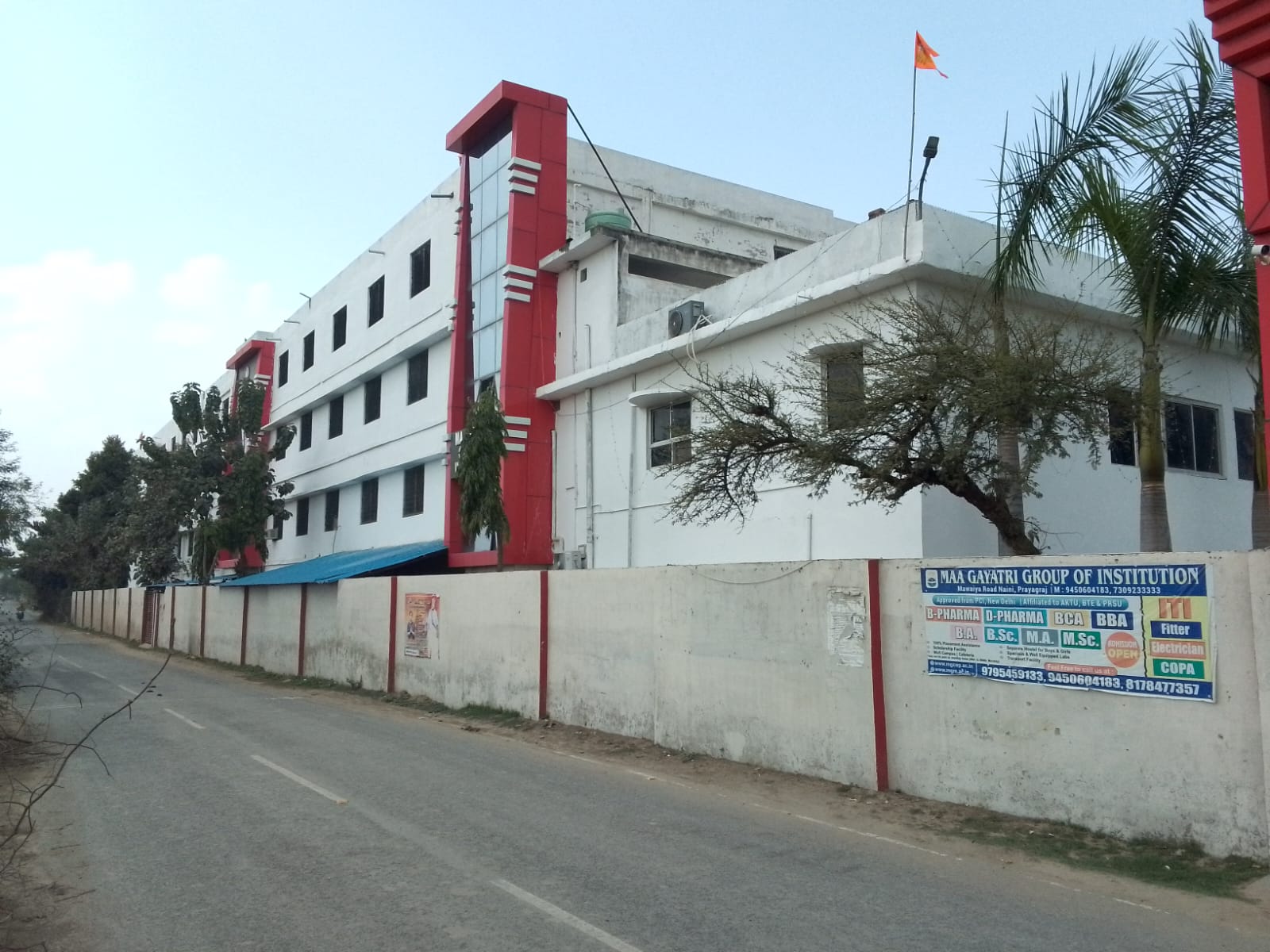The graduate student at the end of the B.Pharma program will be able to face the challenges of the profession of pharmacy in the constituent disciplines namely, Industry, Practice (Community and Hospital ) and Research as described below:-
1. Demonstrate knowledge and skills that translate into problem solving abilities related to the day today professional needs of the pharmaceutical industry, regulatory bodies and community pharmacy.
2. Demonstrate the ability to apply the acquired knowledge into providing preliminary solutions in specific areas such as the synthesis, formulation, and quality assurance involved in the process of pharmaceutical manufacture.
3. Understand the importance of applying pharmacodynamic and pharmacokinetic principles in formulation development and product development.
4. Demonstrate entry level skills in interpreting regulatory norms of the country and the skills to apply such knowledge in various processes such as drug discovery and development, clinical trials, manufacture, distribution, marketing and sale of medicines.
5. Demonstrate that the candidate is prepared to present a personal view founded on observing, understanding, documenting compiling, analyzing, organizing data and information; eventually converting the such information with judgement and sensitivity in the health care domain, especially pharmaceutical products and practices.
6. Demonstrate standards of digital literacy befitting a discerning end user, especially in identifying and evaluating appropriate Software tools that would support professional needs in manufacture, patient care, hospital administration etc.
7. Enable effective communication skills in professional and personal domains: To speak, read, comprehend, interpret and write logically and effectively with focus.
8. Cultivate a sense of compliant partnering spirit in professional duties; especially in aligning with diverse health professionals and communities.
9. Demonstrate a capacity to engage superiors, colleagues and subordinates in problem based learning approaches.
10. Create awareness in society about the effective and safe use of medicines.
11. Demonstrate the potential to tackle future challenges through life long learning.
12. Demonstrate sensitivity to potential conflicts of interest in health care systems and its implementation.
13. Cultivate a sense of commitment to minimizing hazards ranging from improper clinical use of drugs to its industrial scale manufacture. To minimize environmental hazards of manufacturing practices, wasteful expenditure of energy, pollution from effluents and emissions.
14. Cultivate a sense of fair play, sensitivity to professional ethical codes of conduct, social values and respect for democratic institutions.
15. To cultivate gender-neutral attitudes and practices; respect for all races, nations, religions, cultures ,languages and traditions.
16. Cultivate a temperament that would enable individuals to set and work to wards self•driven performance-goals, entrepreneurial ventures and overall leadership.
15. To cultivate gender-neutral attitudes and practices; respect for all races, nations, religions, cultures ,languages and traditions.
16. Cultivate a temperament that would enable individuals to set and work to wards self•driven performance-goals, entrepreneurial ventures and overall leadership.


